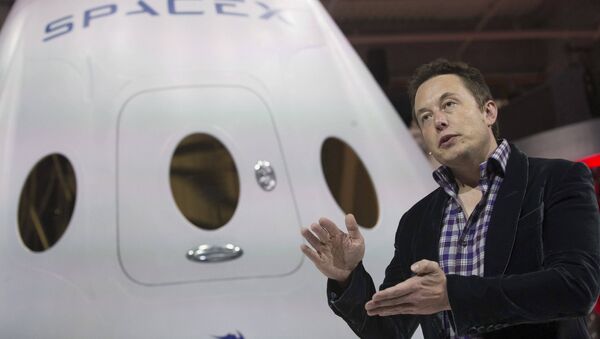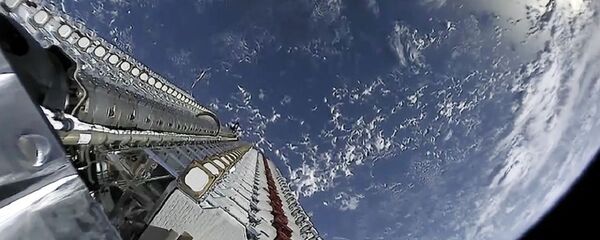Elon Musk wrote in a Twitter reply, recommending to set an aim for "full reusability".
Reusability is the hottest trend of the space rocket manufacturing now. Its key purpose is to reduce the launch costs. Russia at this point has no own reusable carrier rockets.
By "full reusability" Musk could be meaning the multiple use of not only a rocket's first stage but other components as well. For example, SpaceX in its launches strives to preserve the nose cone of its rockets, albeit not always successfully.
It’s a step in the right direction, but they should really aim for full reusability by 2026. Larger rocket would also make sense for literal economies of scale. Goal should be to minimize cost per useful ton to orbit or it will at best serve a niche market.
— Elon Musk (@elonmusk) October 6, 2020
Amur's first launch is scheduled for 2026. The methane-powered rocket is expected to deliver up to 10 launches.
Musk's own company SpaceX uses a reusable first stage on its Falcon rockets. The first space company to use the reusable carrier rocket technology was also a US company, Blue Origin. The technology is currently in the works by the private Rocket Lab company on its Electron rockets as well.
In Russia, besides Roscosmos, the technology of reusable first stages is in the works by S7, although for light-class aircraft, and the Russian Foundation for Advanced Research Projects in the Defense Industry. The technology is also being developed in Europe and China.





